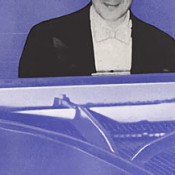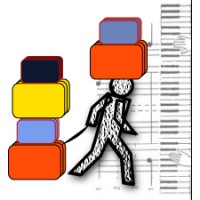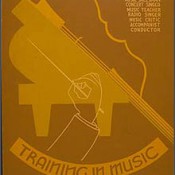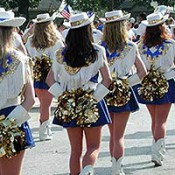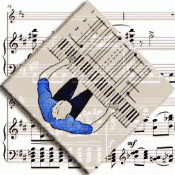Feb 242013
Recently I’ve been reminded how valuable slow practicing is. For most people this is extremely important, for a few, not so much so. I don’t mean any absolute speed but rather one in which we can play the notes and rhythms successfully. Easier pieces won’t need as slow a pace as harder ones. As one’s music reading gets better, the pace can and should increase. read the rest

